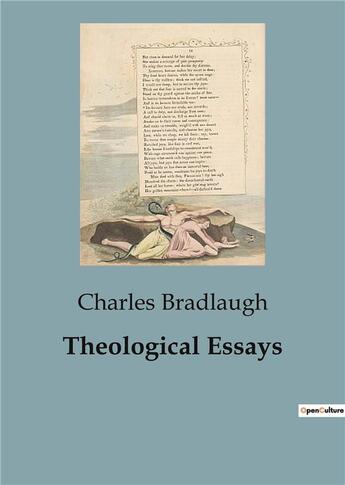Résumé:
WHAT is heresy that it should be so heavily punished? Why is it that society will condone many offences, pardon many vicious practices, and yet have such scant mercy for the open heretic, who is treated as though he were some horrid monster to be feared, hated, and, if possible, exterminated?... Voir plus
WHAT is heresy that it should be so heavily punished? Why is it that society will condone many offences, pardon many vicious practices, and yet have such scant mercy for the open heretic, who is treated as though he were some horrid monster to be feared, hated, and, if possible, exterminated? Most religionists, instead of endeavoring with kindly thought to provide some solution for the difficulties propounded by their heretical brethren, indiscriminately confound all inquirers in one common category of censure; their views are dismissed with ridicule as sophistical and fallacious, abused as infinitely dangerous, themselves denounced as heretics and infidels, and libelled as scoffers and Atheists. With some religionists all heretics are Atheists. With the Pope of Rome, Garibaldi and Mazzini were Atheists. With the Religious Tract Society, Voltaire and Paine were Atheists. Yet in none of the above-named cases is the allegation true. Voltaire and Paine were heretics, but both were Theists. Garibaldi and Mazzini were heretics, but neither of them was an Atheist, though the latter had given color to the description by accepting the presidency of an Atheistical society. With few exceptions, the heretics of one generation become the revered saints of a period less than twenty generations later. Lord Bacon, in his own age, was charged with Atheism, Sir Isaac Newton with Socinianism, the famous Tillotson was actually charged with Atheism, and Dr. Burnet wrote vigorously against the commonly received traditions of the fall and deluge. There are but few men of the past of whom the church boasts to-day, who have not at some time been pointed at as heretics by orthodox antagonists excited by party rancor. Heresy is in itself neither Atheism nor Theism, neither the rejection of the Church of Rome, nor of Canterbury, nor of Constantinople; heresy is not necessarily of any- ist or-ism.....














